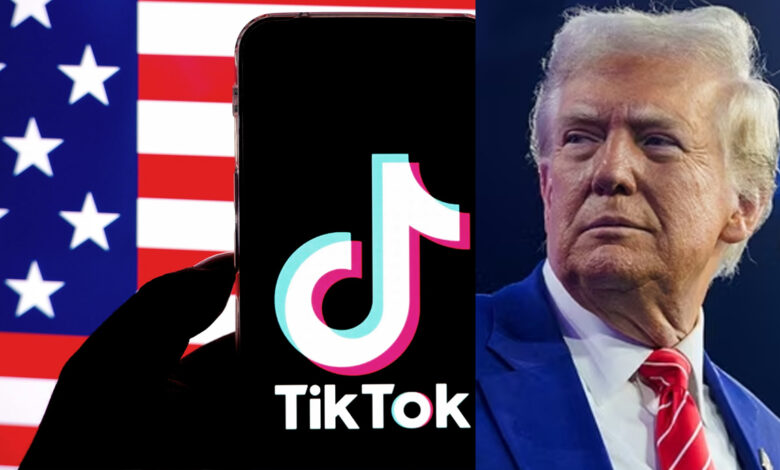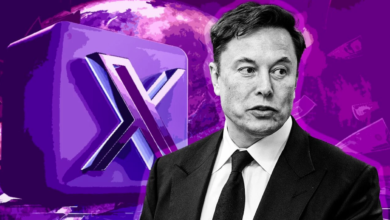
On Friday, December 27, 2024, President-elect Donald Trump filed a request with the U.S. Supreme Court to temporarily halt the enforcement of a law that could lead to a ban of TikTok in the United States. The law, set to take effect on January 19, 2025, mandates that TikTok’s Chinese parent company, ByteDance, must divest from the app or face a ban. Trump’s petition seeks to delay this deadline, arguing for the opportunity to resolve the matter through “political means” once his administration takes office on January 20, 2025.
Trump’s legal team emphasized his “consummate dealmaking expertise” and the “electoral mandate” given to him, suggesting that he is uniquely positioned to negotiate a solution that addresses both national security concerns and the freedom of expression for TikTok’s 170 million American users. This move comes as the Supreme Court is scheduled to hear arguments on the case on January 10, 2025, just days before the ban would otherwise go into effect.
The Biden administration has defended the law, citing significant national security risks due to TikTok’s connection to China, where the government could potentially access user data or manipulate content. However, Trump has expressed a recent change in stance towards TikTok, having once attempted to ban it during his previous term but now highlighting its value for free speech and political communication.
This development has sparked a debate on the balance between national security and free speech, with various stakeholders, including free speech advocates and national security experts, weighing in. If the Supreme Court grants Trump’s request, it could set a precedent for how incoming administrations can influence ongoing legal challenges, particularly in areas of technology and international relations.
The outcome of this Supreme Court case could significantly impact the future of TikTok in the U.S., influencing not only how the app operates but also how foreign-owned technology companies are regulated in America.




